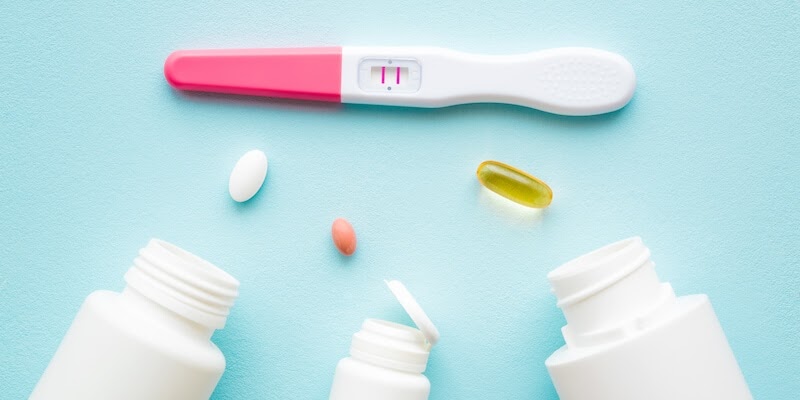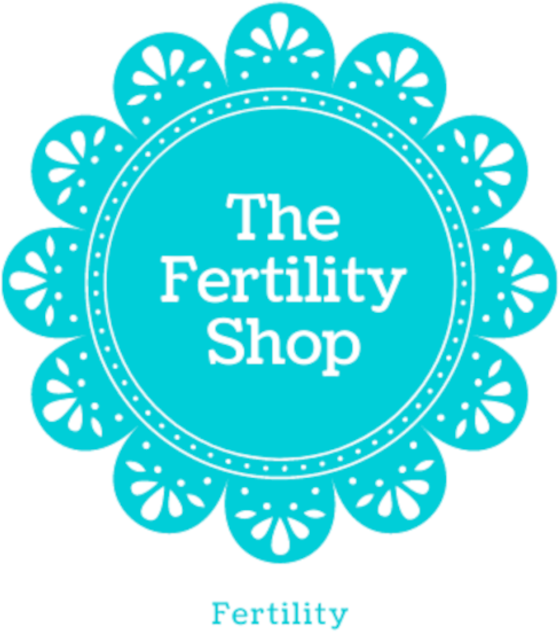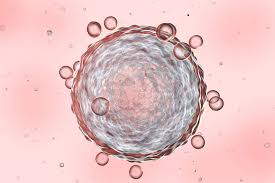`
Choosing A Prenatal Vitamin

If you’re thinking about getting pregnant, about preparing your body for a healthy
pregnancy and nourishing your growing baby are probably on your mind, along with eating as well
as you can to optimize your fertility and pregnancy health, this is the time most women think about
which prenatal vitamin to choose. Choosing the right one can be confusing most times.
Why You Need To Take Prenatal Vitamin
While ideally we should be getting all of the nutrients we need from our diet, and perhaps you are.
Between modern agriculture, depleted soil, our busy lives, medications (including the birth control
pills) which deplete us of important nutrients and symptoms like prenatal nausea that can limit our
intake, unfortunately, most women are not getting all they need from their diets. Major studies
show that women of childbearing age – including most women in the UK are chronically low in
numerous nutrients – including vitamin B6, vitamin E, vitamin D, folate/folic acid, essential fatty
acids, iron, iodine, calcium, zinc, and magnesium — these are critical for optimal wellbeing of a
mother to be and baby, from conception through pregnancy – and even postpartum. It is not unusual
for women to go into pregnancy depleted of these essential and then added to these are the naturally
increased nutrient needs of pregnancy and breastfeeding.
Food should always be our first source of nutrition. Eating a healthy, varied diet when trying to
conceive and during pregnancy will help you get most of the vitamins and minerals you need.
Prenatal vitamins do not take the place of a healthy diet but they are like an insurance policy to help
bridge the gaps in what’s missing.

The Benefits of taking Prenatal Vitamins
Benefits include:
- Improving the chances of conceiving
- Reduced the risk of miscarriage
- Prenatal anxiety and depression,
- Postpartum depression
- Reduced risk of pregnancy complications
- Including gestational hypertension,
- Preeclampsia
- Preterm birth
- Low birth weight babies
- Birth defects
- Stillbirth –
- We also see lower rates of long-term chronic problems that can affect our children later in life, for example, diabetes, and cardiovascular disease, when preconception nutrition is optimized.
Starting and Continuing Prenatal Vitamins: When and for How Long?
Ideally, it is recommended that you start taking a prenatal 3-6 months in advance of trying to
conceive. If you don’t have that opportunity, begin as soon as you know you’ve conceived. After
baby is born, it is recommended remaining on your prenatal vitamin for at least 3 months, and if you
are breastfeeding, at least 12 months, including for a few months after you’ve weaned to replenish
your nutrients – and if you plan to become pregnant again – just stay on the prenatal vitamin as a
daily nutrient supplement.
Are All Prenatal Vitamins Created Equal?
Many prenatal vitamins fall short of meeting women’s preconception and prenatal needs. Not to
mention that many are loaded with all sorts of additives, fillers, and artificial colorings. When
evaluating the quality of prenatal vitamins, we need to look at both the levels of key nutrients they
provide against standards for what we know is optimal for preconception and pregnant women to
receive, as well as the form they are in – since both influence how well the body is able to use and
absorb that nutrient – in other words, their bioavailability.

It’s also important to recognize that while nutrient levels may meet the daily requirements listed on
the label, it doesn’t mean that this amount is actually optimal amount needed for a women trying to
conceive or a pregnant women.
Here are the nutrients we should look for when evaluating prenatal vitamin quality – and why:
- Methyl folate: During pregnancy folate plays a special role in the formation of baby’s chromosomes and nervous system, as well as mom’s health. Adequate levels improve egg quality and prevent miscarriage as well as other pregnancy complications including pre-eclampsia and placental abruption. It prevents neural tube and other defects in baby and may protect against autism. For these benefits, it needs to be taken in the first 28 days of pregnancy. It also protects against prenatal and postpartum depression in mom. However, if you have the MTHFR gene, you can’t make full use of what you’re getting from your diet or the regular folic acid found in most vitamins. Hence, why it is important for women who are pregnant or planning to conceive on methyl folate, which everyone can metabolize. Your prenatal vitamin should contain 400 to 800 mcg methyl folate.
- Vitamin B6: Supports healthy levels of progesterone which creates a healthy uterine lining for implantation. Many women enter pregnancy low in B6, especially if they’ve been using hormonal contraceptives. It’s best to take the active form, Pyridoxal-5-phosphate (P5P), in a range of 5-10mg per day. Going into pregnancy with adequate B6 levels may also prevent morning sickness (it can be supplemented at 50-100mcg/day if you do get this common pregnancy symptom).
- Iron: Low iron and anemia is associated with many adverse maternal and foetal outcomes. Anemia can lead to reduced maternal immunity which increases infection rates and is associated with intrauterine infection. Iron supplementation leads to longer gestation and improved birth weight. A prenatal vitamin that iron also reduces ovulatory infertility. Your prenatal should contain 27mg of ideally iron chelate, which is a non-constipating form.
- Iodine: Critical to your healthy thyroid function and therefore healthy menstrual cycles and fertility, as well as prevention of miscarriage and stillbirth. Once pregnant, it’s also critical to your baby’s thyroid, brain development, and central nervous system development. Even mild iodine insufficiency can affect your thyroid health and fertility, and deficiency is associated with reduced IQ and cognitive development in baby. Your prenatal vitamin should contain a daily dose of 200 to 250mcg of iodine. It’s important to note, however, that excess intake can cause thyroid suppressing in the baby, so if you’re taking an iodine supplement that exceeds the recommended amount (i.e. for natural thyroid treatment or breast health), decrease to the recommended dose once you start trying to conceive.
- Choline: Essential for baby’s neurologic development and signaling, and cognitive function, especially memory, focus, and attention. Adequate intake may prevent birth defects and provides your child with stress resilience and protection from anxiety. While it can be obtained from the diet, many women’s diets fall short, especially if you don’t eat egg which is one of the primary sources aside from beef and calf liver (which I don’t recommend for any woman during preconception or pregnancy due to the high level of contaminants in organ means). Your prenatal should contain 400mg.
- Zinc: Plays a role in ovulation, supports healthy osteogeny and progesterone levels, and is important for optimal immune function. It protects the developing egg against oxidative damage, supports healthy oocyte development, and is important for foetal brain development and function. Your prenatal should contain between 15-45mg zinc daily.





0 Comments